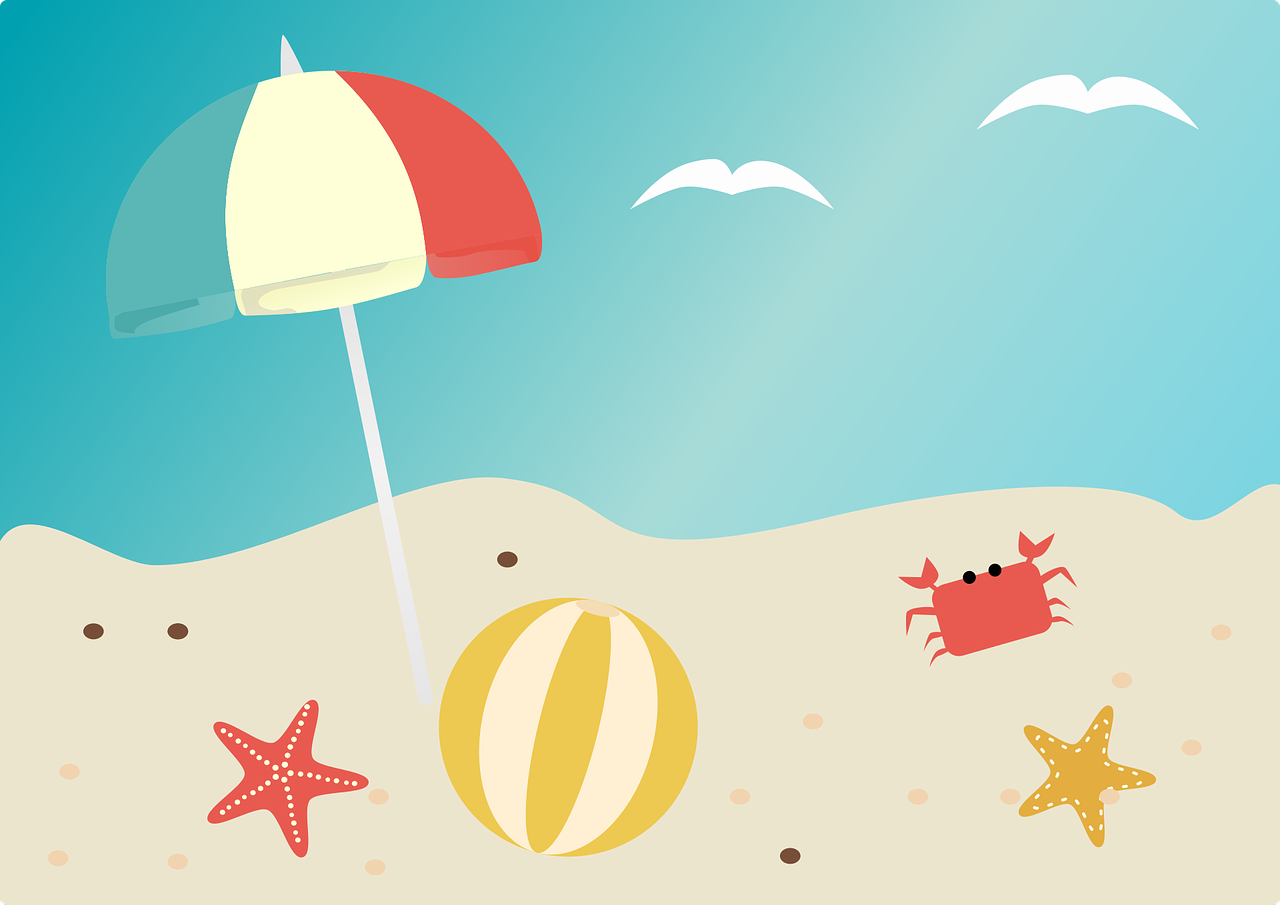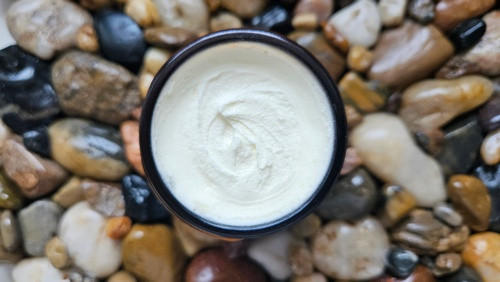Is it Morally Wrong to Eat Meat?
posted on
October 24, 2019
I hear this a lot these days, “we don't have to kill animals to eat”. I completely respect people who want to cause the least amount of harm with their eating practices. On the surface, it can seem that the most humane thing to do is to not eat meat but when you look a little closer, you may find it's not so simple.
So in my first few years of farming I discovered something- sacrifice is necessary for us to eat and survive. There's actually no food system in the world that can feed us without death, it's just impossible. There's no life without death!
If you are shunning meat in favour of an entirely plant-based diet, be careful here as you’ve simply swapped the killing of large animals in favour of a food system that kills A LOT of small creatures. Let me explain...
When Tim grows grains for flour, a lot of animals are killed in the process. He runs over small mammals like bunnies and mice. Consider the nest of field voles starving to death because their decapitated mother is no longer around. Farmers kill larger animals too like raccoons and deer to protect their crops. We learned that the hard way our first year after losing our entire corn crop to raccoons.

When cattle are harvested they are killed instantly in contrast to rodents dying a slow death due to poison or starvation because they lost their mother- just something to think about.
He tares up frogs and snakes with his disc. At what size does a creature’s life become valuable? Do we add in worms and micro-organisms or is it only fluffy animals that count? He destroys the micro critters in the soil too- earthworms, fungi, nematodes, and bacteria. If he wasn't an organic farmer, he'd be spraying multiple dressings of herbicides and pesticides (like most farmers do) –sprays that kill small creatures like birds, butterflies and ‘pests’ including pollinators like bees who are essential for so many eco-system functions. The soils in these fields are often very poor at absorbing water and soil washing into streams and rivers is a huge environmental problem and it's making us sick, killing fish, and leaving dead zones in our oceans. This is the system that is producing our fake meat products like the highly processed "Beyond Burger".
It is clear that by eating plants we are killing many life forms as a ‘by-product’. The worst part is we are not even getting food from these dead creatures; they are essentially wasted.
If the life of a rabbit or chipmunk is equal to that of a cow, and you are looking to kill the least amount of lives with your food choices, perhaps there’s actually a good moral case for eating the biggest animals possible – that way we feed more people from fewer lives. You sure can feed a lot of people from one beef cow! According to some sources, relying on grains and pulses brings at least 25 times more deaths of sentient animals per kilogram of food (although I would think this would be very hard to measure so just something to ponder).
And what about the many social justice issues involved in food production. Do you eat avocados, chocolate, coffee, bananas, sugar cane etc. ??? Do you realize the human suffering involved so we can have these foods? If you have Netflix, watch "Rotten". See the trailer here.

Often when people think of how animals are raised they picture animals behind bars and herbivores being fed grains in dirty feedlots. These systems make me sick to my stomach. There is no doubt that this is a huge problem and it needs to stop but by opting out of eating meat you are opting out of influencing the way our meat is produced. By consciously buying 100% grass-fed beef from farmers practicing good holistic management, you can easily convert more farmers to regenerative practices by creating demand for that special product.
We are all part of nature. As much as we like to avoid the thought, life just is not possible without death. The challenge for the ethical eater is to choose the diet that causes the least deaths and environmental damage. There would appear to be far more ethical support for an omnivorous diet that includes holistically managed, 100% grass-fed beef AND eating plants from organic systems that minimize killing and encourage soil health.
Do you think it’s morally right or morally wrong to eat meat? We'd love to hear your thoughts.
Sources:
https://www.sacredcow.info/blog/whyisitnecessarytoeatanimals
https://www.primalmeats.co.uk/morally-right-eat-meat/
http://theconversation.com/ordering-the-vegetarian-meal-theres-more-animal-blood-on-your-hands-4659




